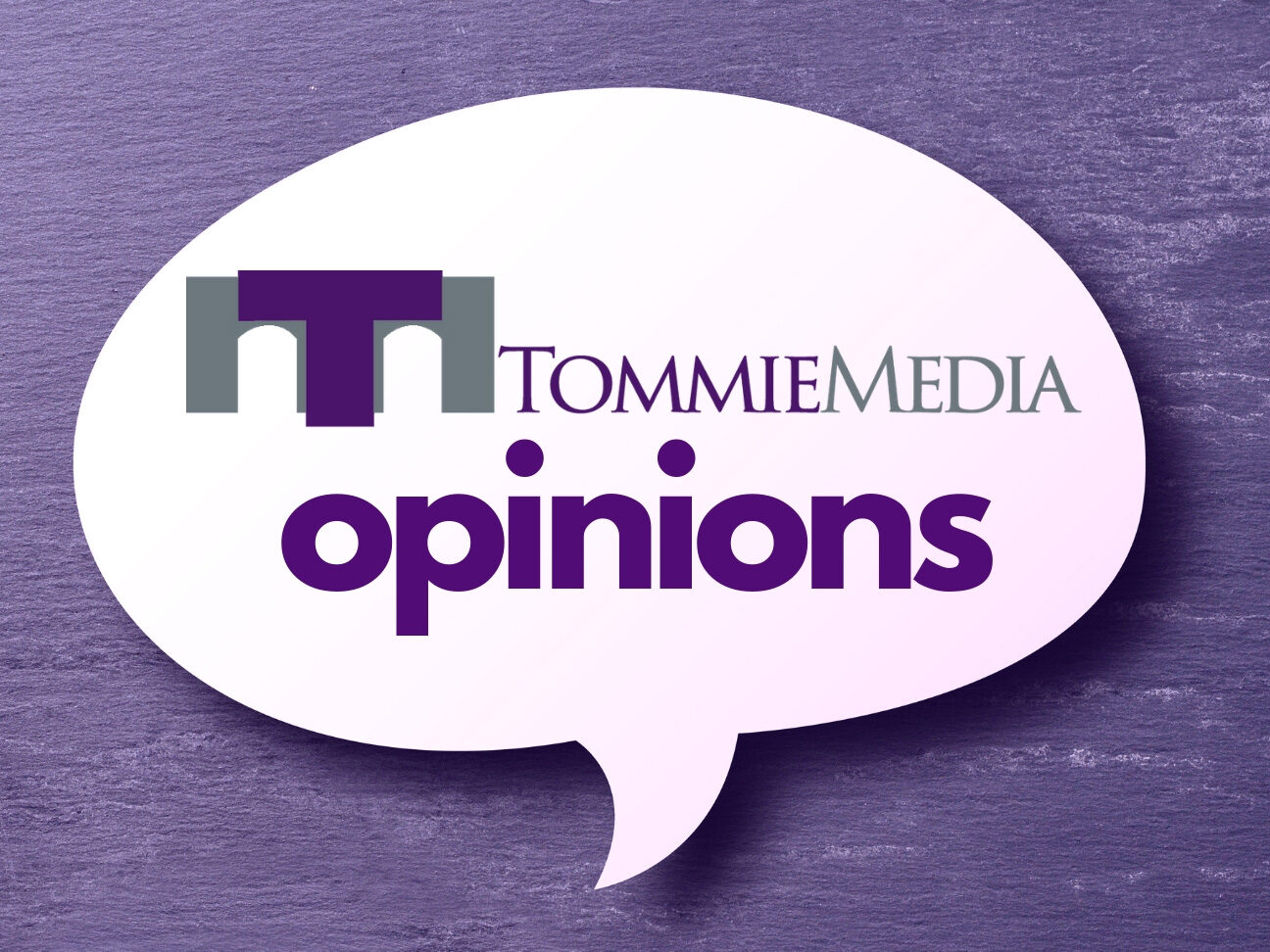The gift wrapping and ornaments have been put away, the tree has been brought out to the curb, and Kool 108 (KQQL) is back to playing classic rock. These are the signs that say the holiday season is over and, with it, the going of Christmas.
Now we’re stuck with cold temps, snowfalls and the other great delights that come with a Minnesota winter. But looking back on the holiday season, and Christmas in particular , how do we celebrate a holiday that brings joy to so many across the world? What does it look like to celebrate Christmas in the 21st century and how has it changed? These are the questions I’ve begun to ask myself in my pursuit to better understand Christmas and the modern context it now revolves around.
The best place to start is at the very first Christmas— a day that gave birth to the holiday’s namesake, Jesus Christ. Jesus would end up shaping humanity arguably more than any other person in history. As his religious movement grew to become the largest religion in the world, we began to celebrate the day annually, what Christians across the world call Christmas, Weihnachten, Navidad and Natale.
Moving forward to 2020, Christmas is still observed as a religious holiday for many, but it has also turned into something more. Increasingly over the last 100 years, the day we celebrate Jesus’ birthday has had to be shared with another individual: Santa Claus, and his toy bag filled with consumer goods.
Gone are the days where Christmas was just about observing Jesus and the Christian movement he started. Now for most Christians and for many that don’t necessarily observe Christianity, the day is focused on presents found under a tree from a man that comes down the chimney.
Does this now make the day a cultural event rather than a religious one akin to Thanksgiving day? If so, how do we approach the celebration of such an all-encompassing event when it comes to public observance?
As a religious day of worship, many worry that celebrating Christmas through schools, government institutions and the media excludes non-Christians and is an encroachment to the separation of church and state. Because of this, there’s been a gravitation towards using the more inclusive phrase “holiday.” With this being said, I would argue that Christmas has evolved into a holiday that’s combined both religion and culture.
Yes, a religion can be a culture, but a culture doesn’t have to necessarily be a religion. For Christmas, it started as a day rooted in religious observance, but now, it’s also celebrated in a cultural sense with Santa’s toys and baked cookies.
To many, the day is a time for making memories with those important to them—the one day set aside each year where you don’t have to worry about work, school or other stresses.
Ultimately I’d argue that Christmas is what you make of it. The holiday can be a great time for getting together with friends and family, sharing presents and showing love. To those that are more focused on Christmas’s religious aspects, you can still go to church in the morning and show observance. It’s also just fine to fall somewhere between the two. Christmas is now celebrated both culturally and religiously and is unique in this way.
Due to America’s shift to more secularisitic tendencies, we’ve now separated Christ from Christmas to the chagrin of some groups. American conservatives have the stance that it’s acceptable to celebrate Christmas as it was intended to be, even though it might not be inclusive towards others. President Trump and Co. have continuously affirmed that, in his presidency, he’s officially brought Christmas back and put an end to the more inclusive holiday phrase. You can find footage of these speeches on both Fox’s and CNN’s YouTube channels.
My question to this notion is why? Why create divides and purposefully alienate those who want to celebrate the cultural aspects of the holiday?
Christmas is not the only religious observance in America. There’s also Diwali, Ramadan, Sukkot and many others. There’s also Americans that don’t observe any religious days. A holiday can be for anyone. It can be a time to bring people together regardless of their backgrounds.
As for Christmas, spend the day as you wish, but it shouldn’t be pushed onto others. On the one day America turns to a standstill, you should spend time with the people most important to you.
Zaid Khan can be reached at khan8548@stthomas.edu.


